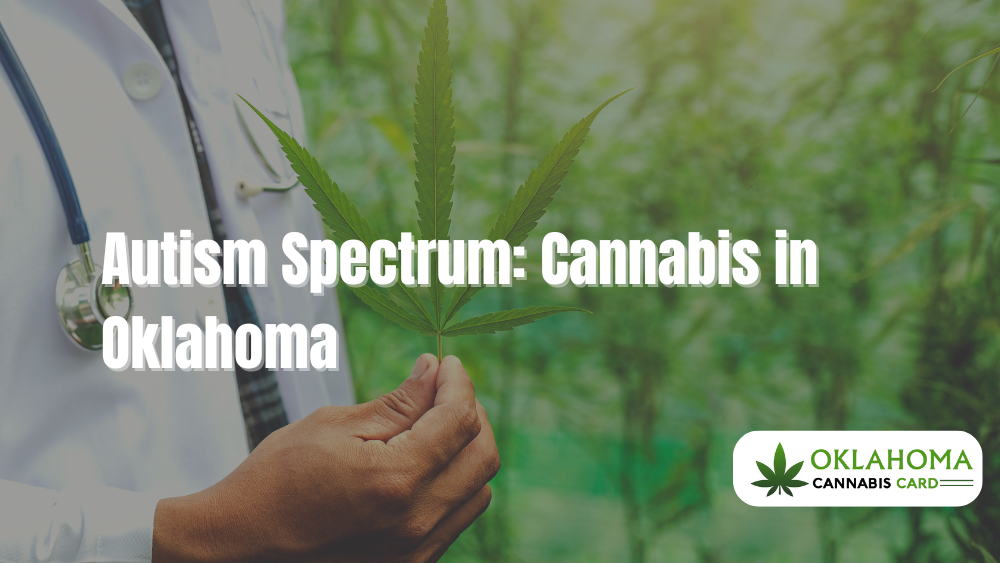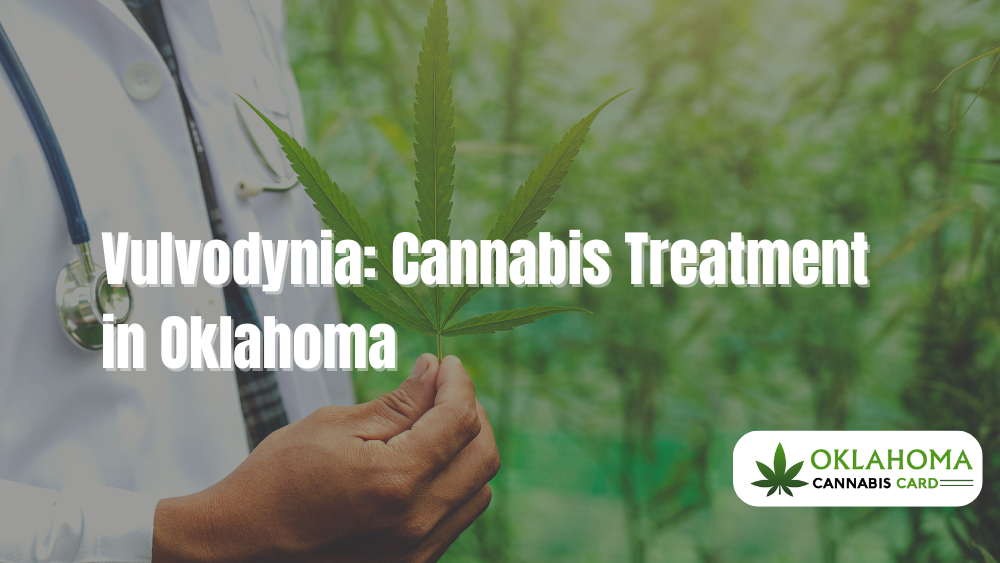
In Oklahoma, these laws have specific provisions for minors, raising questions about their eligibility for a medical marijuana card.
This article aims to provide a comprehensive understanding of Oklahoma’s medical marijuana program as it pertains to minors. We’ll delve into the legal framework, eligibility criteria, and practical steps necessary for obtaining a medical marijuana card for a minor in Oklahoma.
Whether you’re a healthcare professional, a legal guardian, or a policymaker, this guide will help you navigate the intricacies of Oklahoma’s cannabis laws.
Table OF Content
- 1 Understanding Oklahoma’s Medical Marijuana Program
- 2 Eligibility Criteria for Minors
- 3 The Role of Healthcare Professionals
- 4 Application Process for Minors
- 5 Parental Consent and Legal Guardian Requirements
- 6 Qualifying Medical Conditions for Minors
- 7 Legal Protections and Privacy Concerns
- 8 Conclusion: The Importance of Staying Informed
Understanding Oklahoma’s Medical Marijuana Program
Oklahoma’s medical marijuana program, overseen by the Oklahoma Medical Marijuana Authority (OMMA), allows eligible patients to use cannabis for therapeutic purposes.
This program extends to minors, albeit with additional requirements and safeguards.
The legal status of medical marijuana in Oklahoma is clear: it’s permitted for medical use, provided the patient meets certain criteria and follows the prescribed process.
For minors, this process involves a few extra steps, which we’ll explore in the following sections.
Eligibility Criteria for Minors
Minors can indeed obtain a medical marijuana card in Oklahoma. However, they must meet specific eligibility criteria.
Firstly, the minor must have a qualifying medical condition. This is determined by a healthcare professional, who must certify the condition and the potential benefits of medical marijuana.
Secondly, the minor’s parent or legal guardian must give their consent. They must also agree to serve as the minor’s caregiver, responsible for managing the minor’s medical marijuana use.
Lastly, all required documentation must be submitted during the application process.
The Role of Healthcare Professionals
Healthcare professionals play a crucial role in the process. They are responsible for diagnosing the minor’s qualifying condition.
They must also provide a recommendation for medical marijuana use. This recommendation is a key component of the application process.
In addition, healthcare professionals may be called upon to guide dosage and administration considerations for the minor’s medical marijuana use.
Application Process for Minors
The application process for a minor to obtain a medical marijuana card in Oklahoma involves several steps.
First, the minor’s healthcare provider must diagnose a qualifying condition and recommend medical marijuana use.
Next, the minor’s parent or legal guardian must provide consent and apply on behalf of the minor.
The following documents are required during the application process:
- Proof of identity and residency
- A physician’s recommendation
- Parent or legal guardian’s consent
- Application fee payment
The Oklahoma Medical Marijuana Authority (OMMA) reviews the application and issues the card if approved.
Parental Consent and Legal Guardian Requirements
In Oklahoma, a minor’s parent or legal guardian must provide written consent for the minor to use medical marijuana.
This consent is a crucial part of the application process and must be submitted along with the other required documents.
Qualifying Medical Conditions for Minors
Oklahoma law stipulates specific medical conditions that qualify a minor for a medical marijuana card. These conditions include, but are not limited to, severe epilepsy, spasticity due to multiple sclerosis, and intractable nausea and vomiting.
It’s important to note that the final decision rests with the certifying physician, who must determine that the potential benefits of medical marijuana outweigh the risks for the minor.
Legal Protections and Privacy Concerns
Oklahoma cannabis laws provide legal protections for minors and their guardians who are in compliance with the state’s medical marijuana program. This includes protection from criminal prosecution and civil penalties.
However, privacy concerns remain a significant issue. Confidentiality is crucial, especially for minors, and healthcare professionals must adhere to strict privacy laws when dealing with a minor’s medical marijuana use.
Conclusion: The Importance of Staying Informed
Staying informed about the evolving landscape of Oklahoma cannabis laws is crucial for healthcare professionals. This knowledge allows them to provide the best possible care for their minor patients.
Moreover, understanding the legalities surrounding medical marijuana use in minors can help guardians make informed decisions. It also aids in navigating the complexities of the application process for a medical marijuana card.






